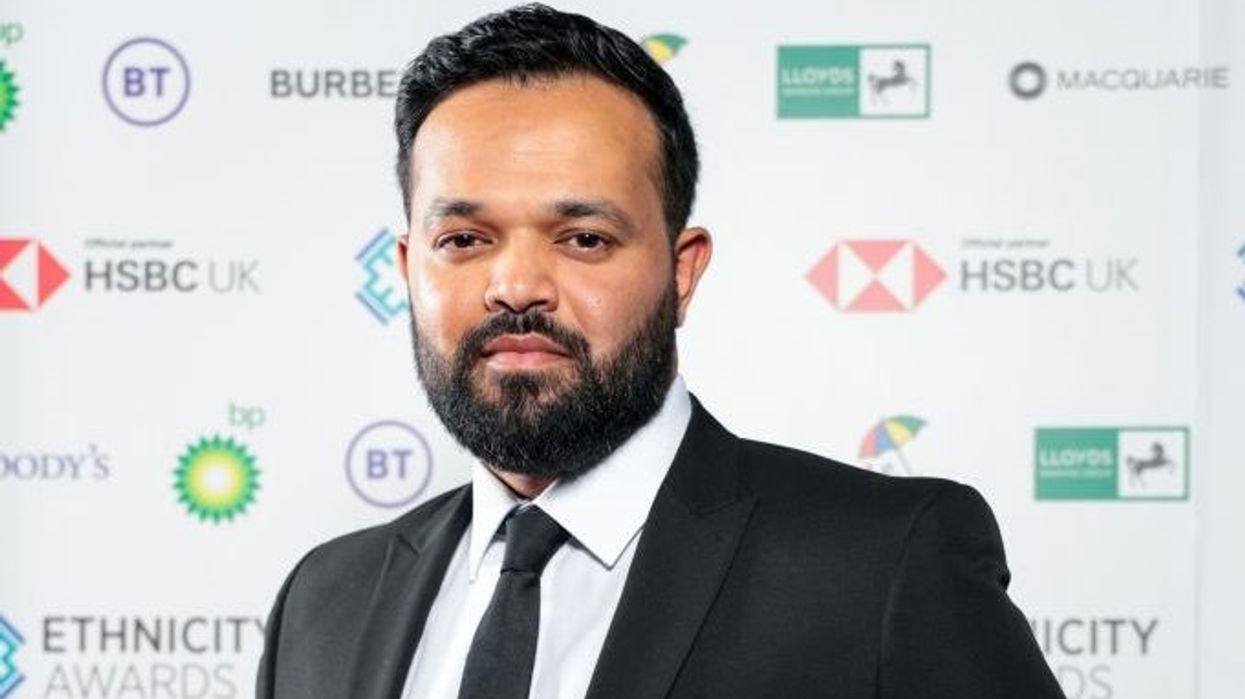England cricket chiefs on Wednesday (3) recommended fines totalling £37,000 for players charged in connection with the explosive Yorkshire racism scandal.
Pakistan-born bowler Azeem Rafiq, 32, went public with allegations of racism and bullying in September 2020, related to his two spells at the county.
A Cricket Discipline Commission panel in March upheld charges against five former Yorkshire players relating to the case, including retired England Test stars Tim Bresnan and Matthew Hoggard.
Ex-England international Gary Ballance, who subsequently played for his native Zimbabwe, had admitted using racist language prior to the hearing in London.
Former England captain Michael Vaughan was the only one of the seven players initially charged to appear at the hearing, and was cleared of using racist language "on the balance of probabilities".
The England and Wales Cricket Board (ECB) said Ballance, who retired from cricket last month, should be fined £8,000 and requested an eight-week suspension.
The ECB took into account the fact the 33-year-old had admitted the charge, and apologised, as it gave its recommendations to the panel.
"We understand there has been a significant impact on Mr Ballance's mental health, and that in April 2023, Mr Ballance announced his retirement from professional cricket," said ECB lawyer Jane Mulcahy.
"So the ECB therefore suggests there be a reprimand, and Mr Ballance be fined £8,000, reduced from £12,500 to take in effect of his admissions."
The ECB also recommended the former Test batter attend a racism and discrimination course.
Ballance's lawyer, Craig Harris, argued the financial penalty should be reduced due to the cost of being involved in the proceedings -- he lost his job as a player at Yorkshire, lost a sponsorship contract, and was not considered for England selection.
Harris also pointed to the established culture in the Yorkshire dressing room, including widespread use of a racial slur, and said Zimbabwe-born Ballance was himself the subject of discriminatory remarks.
He said: "This is not a case where Mr Ballance says the words were not discriminatory, or that he has some sort of intellectual deficit. It is accepted he ought to have known better."
But he added: "But they (rules) were breached by someone living and playing within a culture in which the use of such language had become normalised."
The ECB recommended a range of punishments for the five other players facing charges, including fines and suspensions.
Yorkshire have admitted to four charges including a "failure to address systemic use of racist and/or discriminatory language over a prolonged period". The sanctions against the club are expected to be announced next month.
CDC chairman Tim O'Gorman said it would take several weeks before the full decisions were made.
(AFP)
Yorkshire racism scandal: Cricket chiefs want guilty players fined
Pakistan-born bowler Azeem Rafiq, 32, went public with allegations of racism and bullying in September 2020, related to his two spells at the county




